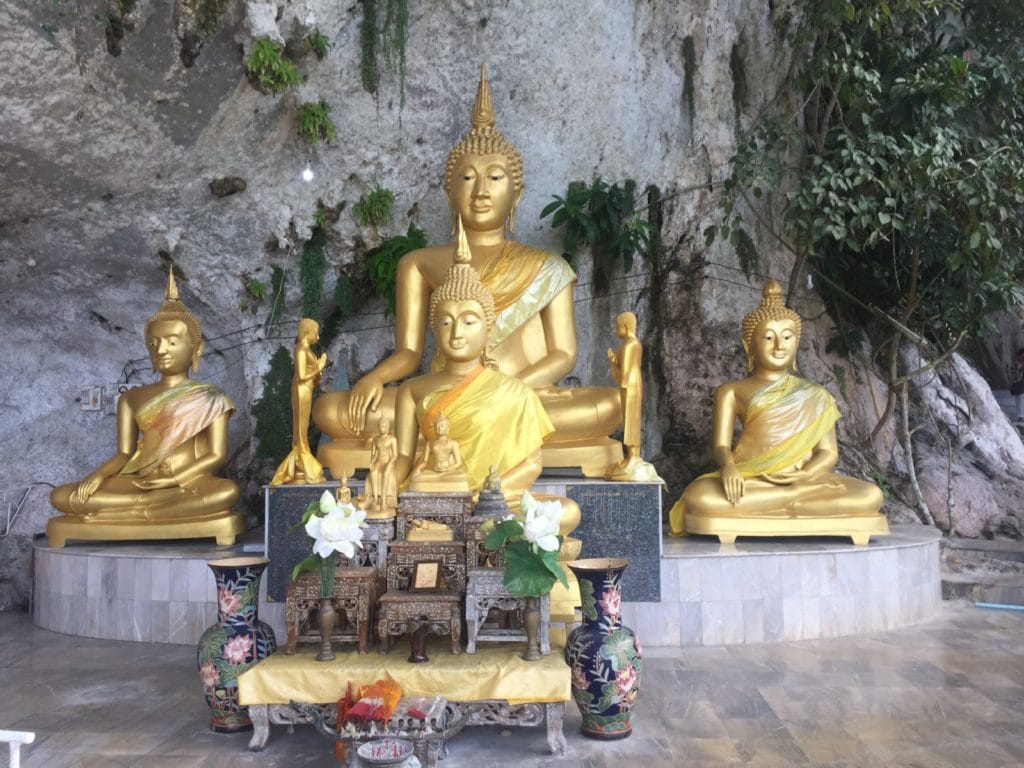Lockdown days are gone, for now, which is good for our emotional health. We all hope they will not be back. As hard as for some those days were, it was also an opportunity to learn. Mostly, to learn about yourself, because you were left with your thoughts most of the time.
For the people used to meditation practice and to attending retreats, there was little change. We live that way often. That does not mean that we are lone wolfs, or we don’t like the company. It just means that we can stay with ourselves when necessary, and not to have our minds go to overdrive.
Managing emotions
For other people, it was a grim experience, and they could not wait for the lockdown to end.
But, if you had a bit of self-awareness, maybe you tried to get most of the situation and dig deep in your conciseness. It was a perfect way to find more about yourself. If you had a storm of emotions, but want to continue to practice meditation even when the lockdown is over, here are some useful advice on how to deal with emotions.
When it comes to emotions, meditation practitioners choose the middle path. Neither we suppress them, nor encourage them and manifest them. We do not ask to deny them, nor do we act according to their dictation. We allow them to go their way through our bodies, mind, and heart.
Meditation practice
One of the best ways to stay aware when there is a strong emotion is that we notice how it affects the body. Notice how it connect with the physical sensations associated with emotion, and we turn our attention away from the feelings. Otherwise, emotions, especially strong emotions, are a very seductive and powerful magnet for our attention.
We should carefully look at this experience of intense emotion. Instead of focusing on the outside, we must focus inward.
Emotions want to be experienced, but if we stay with the object of feelings or their story, it gives them all new strength. At the same time, this prevents us from feeling complete.
The nature of emotions
But if we turn to the emotions itself, to the physical sensations it causes, and to the effect that comes to mind, then the sentiment has the chance to live its life more naturally. And it will usually, sooner or later, reach its end. Its energy is not infinite.
Everything emerges, stays for a while, and then disappears forever. Emotions are no exception. We must learn how to deal with emotions.
We can use four tools to help us deal with emotions: recognition, awareness, exploration, and non-identification.
In the context of meditation of consciousness, every emotion is acceptable. You can give yourself unconditional permission to have any emotion. There is no need to censor or criticize your feelings. Meditation practice is an entirely safe place to let yourself feel what you are experiencing.
Sometimes we want to get rid of unpleasant feelings as soon as possible. If you try just to accept it and look at the emotion as outside phenomena, you will discover that emotion and an unpleasant feeling will completely fade and disappear. This experience is one of the most inspirational in the entire practice of meditation. It also gives us a powerful emotion that we, and not moods and emotional states, manage our lives.
Mindfulness and awareness
Through awareness, we can also learn to explore the experience of emotion at the present moment. Physical feelings associated with emotion are not a story that takes place in our mind, but a real experience of the present moment. To get away from the account in the past or the future is focusing on physical sensations. It is a way to bring us back to the present.
Usually, we tend to identify ourselves with our emotions. We think they are those who we are; in fact, all these conditions and moods, we consider essential parts of our being. When emotions take hold, there is always some identification with it, a feeling “I,” “me,” or “mine,” identification with a story related to that emotion.
Most disturbing emotions are painful emotions. When meditating, we hope to get to the feelings of peace, tranquility, happiness, balance, bliss, and joy. It’s good to work with those emotions. It is important here to pay attention to the tendency to identify with them. When happiness arises, our reaction may be an attempt to keep it.
Even pleasant emotions will pass
It’s easy to become fascinated by pleasant emotions, staying blind to the fact that we are increasingly immersed in feeling. This type of reaction can be the cause of later disappointments when emotion fades as it is the case with everything. In time, we will discover that those emotions are even more fulfilling when we do not identify with them. They become even more satisfying when we are not attached and afraid to lose them eventually. We must be aware that all emotions, bad and good things, will pass. It is truly a liberating feeling.
Exercises
You can try these exercises to help you out dealing with emotions.
1. Be persistent with your daily meditation. If you like, extend it for 5 minutes every week.
2. At least once during a week, “overcome one emotion.” When you feel intense craving, repulsion, fear, or some other emotion, do not do what it tells you to do. Instead, focus attention on this emotion and observe what changes happening in your mind as you look at it. As you do this, you can choose to sit, stand, or gently walk around. Try to observe various physical sensations and tense parts of the body, changes in intensity, different attitudes, and beliefs that you have about this emotion. When the feelings leave your mind, notice what you feel now, when it’s gone. How much has the character of thought changed now for you?
3. The third exercise is related to positive and empowering emotions, such as gratitude, happiness, joy, benevolence, and peace. The task is to see and develop an appreciation in yourself. This emotion does not mean that you lose yourself in the thoughts associated with them! Just refresh them in your heart and body as long as they last.
When they begin to weaken, do not ask them to prolong their life, be grateful that they have strengthened you. This stand is not an exercise in the artificial creation of such emotions. You notice them more carefully now. You will be able to acknowledge much more emotions, but not to be attached to them. You will feel happier.
If you want to know more
If you want to learn more about things I write about, check out my books. See also what the goal of this web site is. You can check out my other post about mindfulness, and share your thoughts and comments.
If you like this post, please subscribe here, get a free e-book, and get a notification when future posts are published. Also, share with your friends, like, and follow on social media using buttons below.
Enjoy reading!
Share



